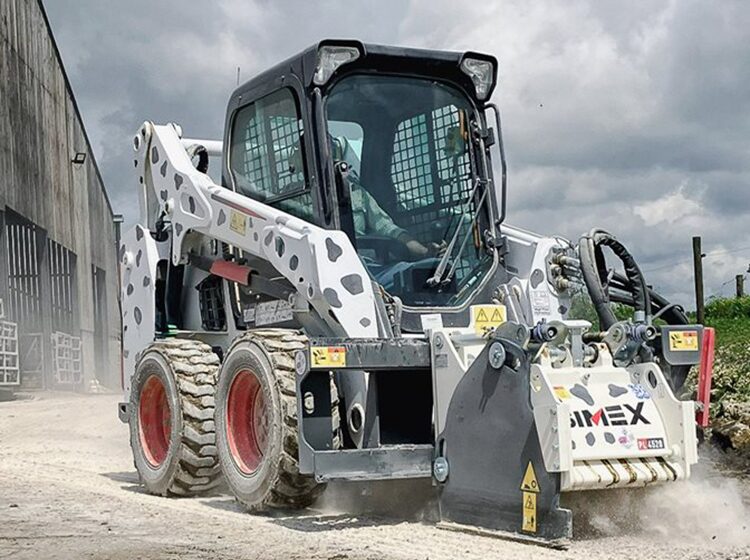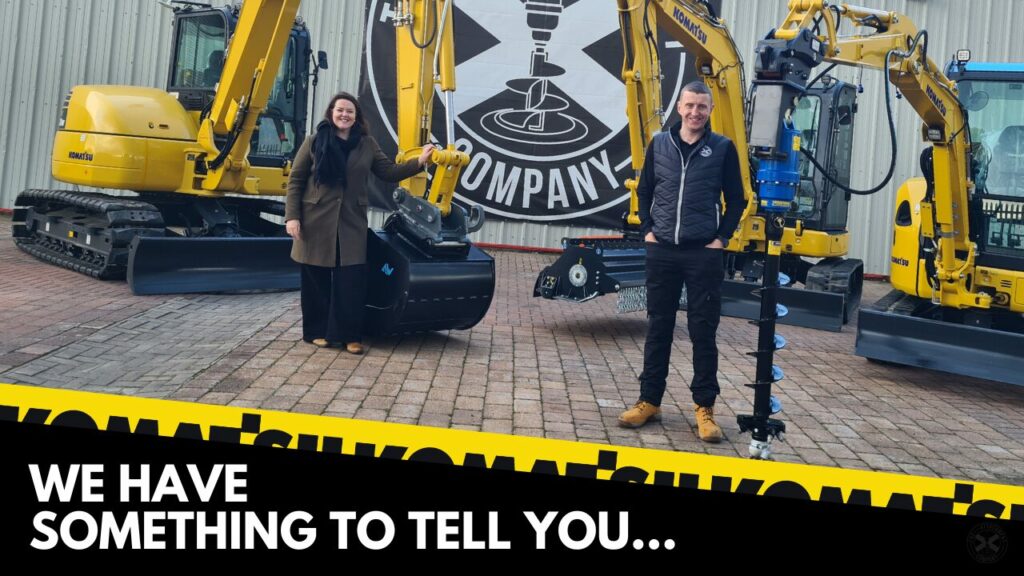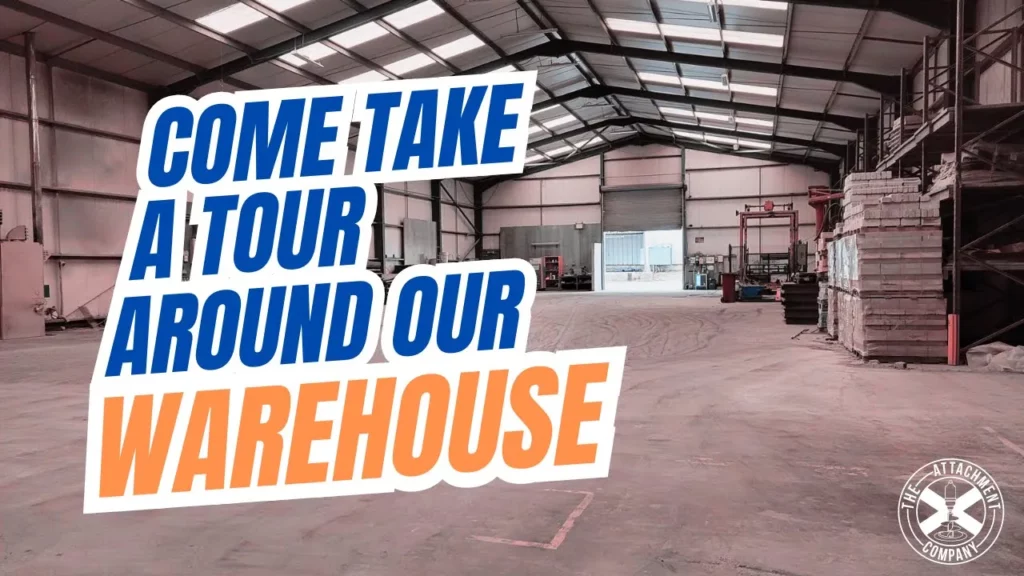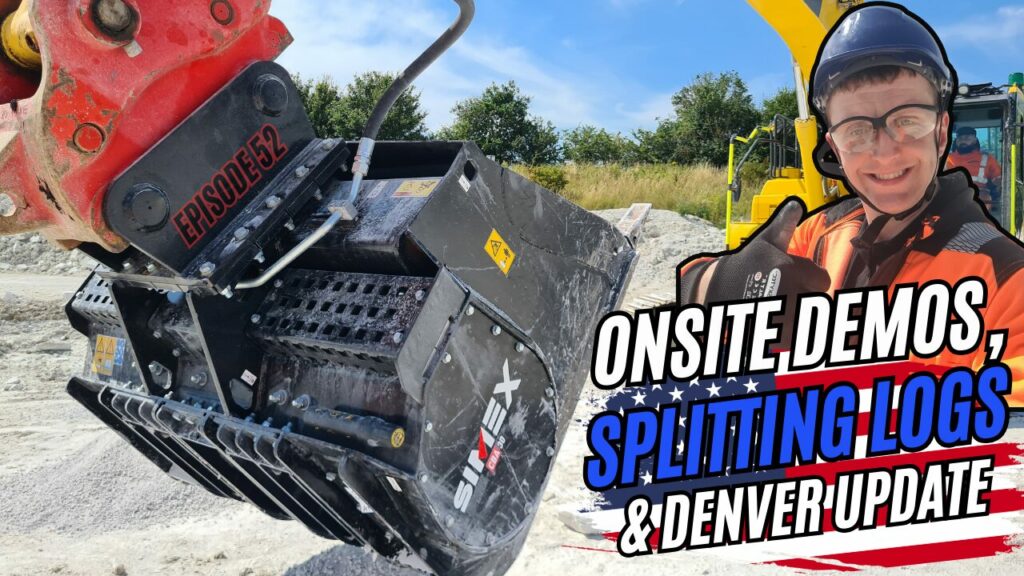In the world of construction and demolition, efficiency and power are paramount. The right equipment can drastically enhance productivity, reduce costs, and ensure safety on-site. Among the various attachments available for heavy machinery, hydraulic breakers stand out as a game-changer. This blog explores the benefits, applications, and advancements in hydraulic breaker attachments, shedding light on why they are an indispensable tool for modern construction and demolition projects.

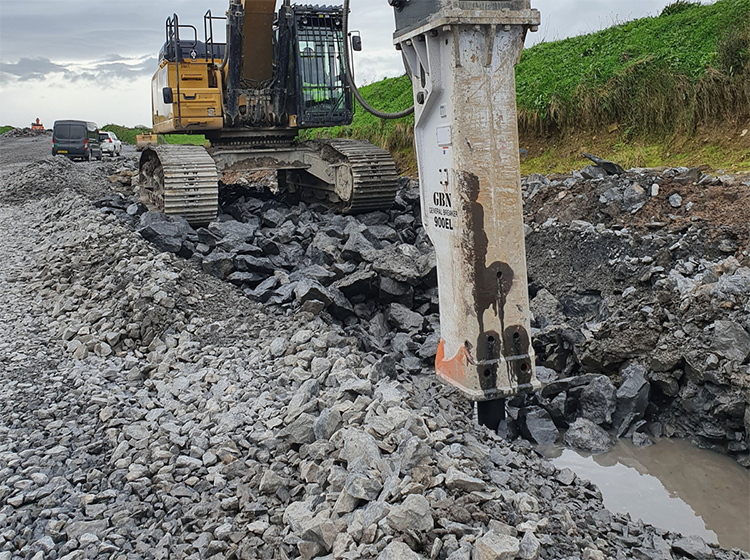
What is a Hydraulic Breaker?
A hydraulic breaker, also known as a rock breaker or hydraulic hammer, is a powerful percussion hammer fitted to an excavator for demolishing concrete structures or rocks. It works on the principle of hydraulics, using pressurized fluid to generate an intense force that breaks through tough materials. Key Benefits of Hydraulic Breaker Attachments:Enhanced Efficiency
Hydraulic breakers significantly reduce the time required to break down large structures compared to traditional methods. Their ability to deliver high-impact energy makes them ideal for heavy-duty demolition tasks, allowing for quicker completion of projects.Versatility
Hydraulic breakers come in various sizes and can be attached to different types of machinery, including excavators, skid steers, and backhoes. This versatility makes them suitable for a wide range of applications, from road construction and mining to building demolition and trenching.- Precision and Control
- Reduced Labor Costs
- Durability and Low Maintenance
Applications of Hydraulic Breaker Attachments
- Construction
- Mining and Quarrying
- Road Maintenance
- Landscaping
Advancements in Hydraulic Breaker Technology
The construction and demolition industry continues to evolve, and so does the technology behind hydraulic breakers. Here are some notable advancements:- Noise Reduction
- Energy Recovery Systems
- Smart Technology
- Eco-Friendly Designs



